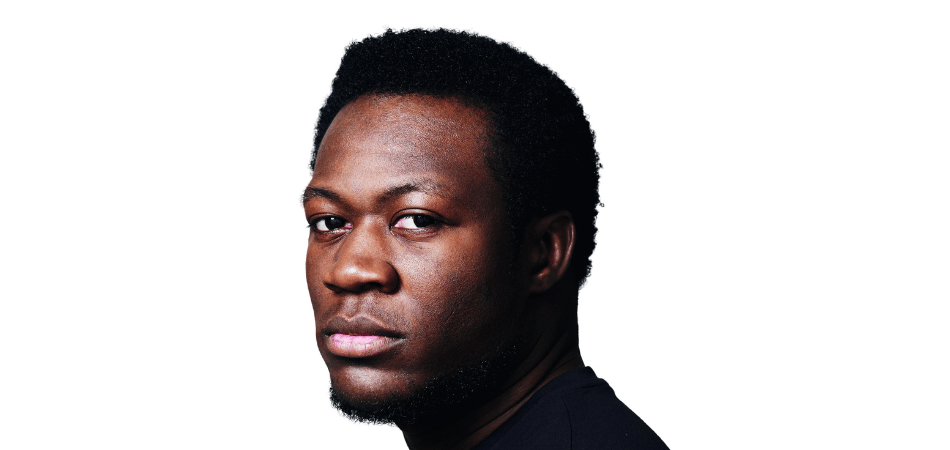Last Updated:
April 3rd, 2025

As society becomes more understanding and open to the impact of mental health issues, it’s also brought a clearer ideology that addiction can affect mental health and vice versa. In this blog, we take a closer look at mental health, addiction and how both can interact with each other and potentially cause addictions.
What is mental health?
Have you ever taken a moment to reflect on the true ideology of mental health? Mental health encompasses our cognitive, behavioural and emotional well-being and is the foundation of how we think, feel and act in our daily lives.
It is pivotal in shaping our daily experiences, influencing everything from our interpersonal relationships to our physical health. It determines our resilience in the face of challenges, our ability to maintain meaningful connections with others and our capacity for emotional and psychological growth.
Understanding mental health as an essential component of overall health is crucial; indeed, there can be no complete health without mental wellness. Yet, mental health issues are a global concern, affecting millions irrespective of gender, how old someone is or how much money they have in the bank. These issues can range from common conditions like depression and anxiety to less prevalent disorders such as schizophrenia and bipolar disorder.
Are mental health issues and addiction linked?
Mental health issues and addiction are closely intertwined and their connection complicates things for anyone dealing with either or both. It turns out that having a mental health issue might make you more likely to fall into addiction and the other way around too.
If you’re struggling with a mental health disorder or an addiction, it ups your chances of running into the other issue, creating this tricky back-and-forth where each one can trigger or make the other worse. It’s a tough cycle that highlights how connected our mental health and habits can be.
What comes first, mental health disorder or addiction?
Determining whether a mental health disorder or addiction developed first is often a complex question, similar to the classic “chicken or egg” scenario. However, carefully examining each situation individually can offer insights into the nature of both conditions.
Mental health disorders leading to addiction
People already suffering from mental health disorders may be more susceptible to addiction for the following reasons;
Self-medication
Some people may use substances as a form of self-medication to alleviate the symptoms of their mental health disorder. Unfortunately, this type of self-medication has the potential to turn into a substance addiction. For example, a person with anxiety might use alcohol to reduce their feelings of anxiety or someone with depression might use drugs to escape feelings of sadness or hopelessness. This type of self-medication behaviour could also be similar for those who develop behavioural addictions, such as gambling or shopping addiction, especially as these types of activities can provide temporary feelings of pleasure.
Increased vulnerability
Certain mental health disorders may increase a person’s vulnerability to addiction. For instance, conditions like attention-deficit/hyperactivity disorder (ADHD), bipolar disorder and post-traumatic stress disorder (PTSD) are known to have higher rates of substance use and addiction. In fact, studies have shown that PTSD and substance addictions are highly comorbid.
Brain chemistry
Both mental health disorders and addiction involve changes in the brain’s chemistry, particularly in the pathways related to reward and decision-making. The alterations in brain chemistry seen in mental health disorders may predispose individuals to substance use disorders as they seek to balance or stimulate these altered pathways.
Social isolation
Mental health disorders can lead to social isolation, making individuals more susceptible to substance use as a way to cope with loneliness or to seek social connection through substance-using communities.

Focus study: Shia LeBouf (American actor)
Shia LaBeouf, an American actor, gained early fame from roles in children’s TV shows before transitioning to major Hollywood parts. Despite his outward success, Shia’s childhood was marked by living with and supporting his father, an alcoholic and heroin user. His father, a Vietnam War veteran, suffered from war-related flashbacks, impacting his behaviour towards Shia. Disturbingly, he subjected Shia to severe mistreatment, including pointing a gun at him and holding him upside down by one limb to silence his cries.As Shia grew older, he developed Post-Traumatic Stress Disorder (PTSD), a condition he was initially unaware of. To cope with the symptoms of PTSD, Shia turned to alcohol, using it to suppress traumatic memories and flashbacks. His struggle with alcohol led to multiple legal issues, ultimately prompting him to seek help through a 12-step programme for alcohol addiction and therapy to address his PTSD.
Addiction leading to mental health disorders
People suffering with addiction may be more prone to mental health disorders for the following reasons;
Neurochemical changes
Substance use can alter brain chemistry and function, affecting neurotransmitter systems involved in mood, thought processes and emotional regulation. For example, prolonged alcohol use can lead to depression, while drugs such as cannabis could lead to something as serious as psychosis.
Psychological stress
The stress of managing addiction, including the consequences of substance use (legal issues, financial problems, relationship breakdowns), could lead to or at least exacerbate anxiety, depression and increased stress.
Isolation
Addiction can lead to social isolation, loss of support networks and increased stigma, all of which can contribute to feelings of loneliness and depression. The loss of significant relationships and social roles can exacerbate or trigger mental health issues.
Withdrawal effects
Withdrawal from substances can produce symptoms that mimic or trigger mental health disorders. For example, withdrawal from alcohol can lead to anxiety, depression or even delirium and withdrawal from stimulants can lead to severe depression and suicidal thoughts.

Focus study: Benga (UK musician)
In this case study, we take a look at Benga, a musician from the UK who enjoyed success throughout the early 2000’s and 2010’s. Due to his excessive party lifestyle and the demand to be the life and soul of every DJ event, he found his drug use increasing substantially. In 2013 he was sectioned under the Mental Health Act after experiencing a breakdown.
In a 2015 interview with The Guardian, Benga was able to speak about his drug usage and mental health issues:
“I’d been taking them (drugs) since I was 17 years old, but it really started to affect me when I was about 22, 23… I started to get anxiety and paranoia, but it’s always been in my nature to carry on and think that everything is going to go away.”
Benga stated that his rise to fame and a demanding touring schedule brought even more anxiety and found that his only way out was through drug taking.
“I found myself getting high because of it – I’d be in a situation and I’d be anxious, so I’d think: ‘Let’s get out of it.’
After becoming drug free and receiving help for his mental health issues, Benga made a full recovery but reiterates that his bi-polar disorder was brought on by his drug habits as well as schizophrenia.
What can I do if I feel I have mental health issues and addiction?
If you’re dealing with mental health challenges, addiction, or both, it’s really important to recognise how valuable rehab can be. Going into addiction rehab is a significant step forward in your journey to recovery. It offers a holistic method that not only tackles the physical side of addiction through addiction detox (if necessary) but also dives deep into the psychological aspects that play a big part in your struggles.
Rehab centres offer addiction treatments that include various therapies aimed at helping you understand and conquer the underlying causes of your mental health issues. Among these, Dialectical Behaviour Therapy (DBT) and Cognitive Behavioural Therapy (CBT) stand out for their abilities to teach coping methods and change negative thought processes that fuel both mental health and addiction issues.
Addiction counselling is another vital part of the recovery journey, providing tailored support and strategies to navigate cravings, triggers, and the hurdles of getting better. This comprehensive approach makes sure treatment for mental health goes hand in hand with addiction recovery, laying down a strong foundation for lasting well-being.
What’s next?
Struggling with mental health disorders or addiction can feel isolating, but you’re not alone. UKAT offers a supportive pathway to recovery, providing personalised treatment plans, expert care from leading specialists and a nurturing environment for healing. Whether you’re battling addiction, mental health issues or both, UKAT is here to help you reclaim your life. Don’t let another day go by feeling lost. Reach out to UKAT now and take the first step towards a brighter, healthier future.





